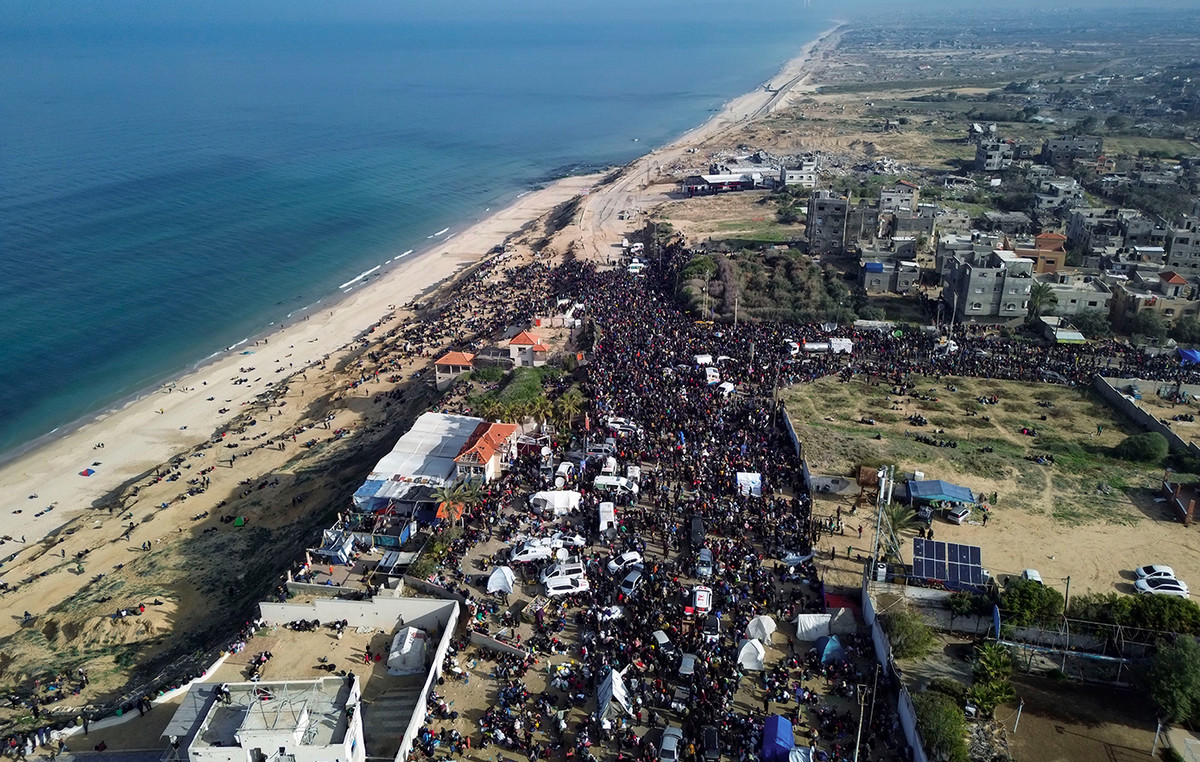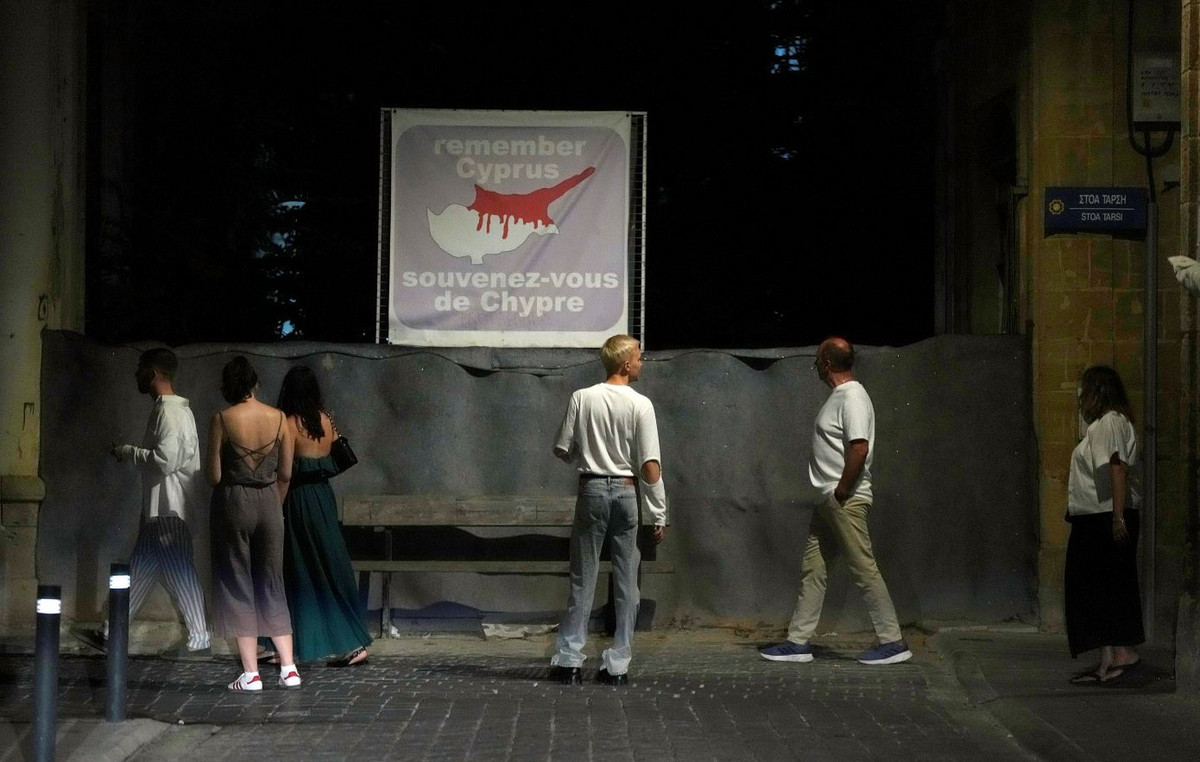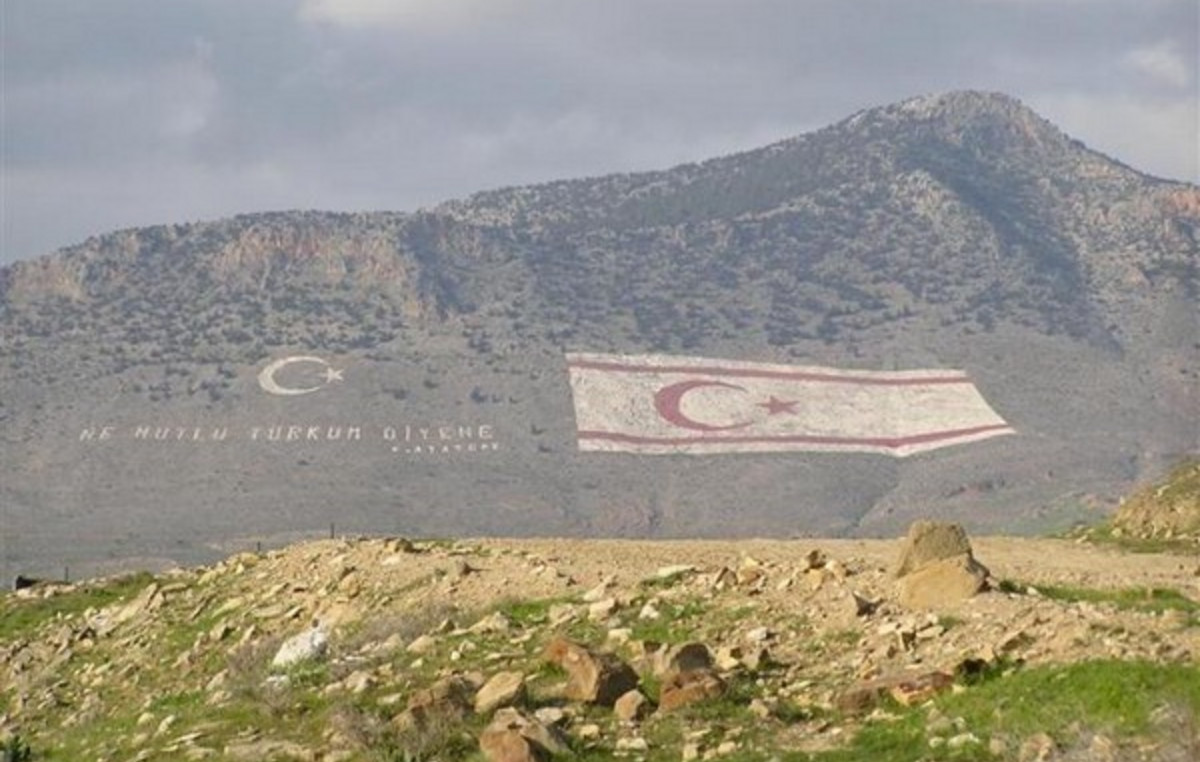Not that problem Marcell Jacobs had to face, but the president of Coni Giovanni Malagò he chose the day of the victory of the Brescia player in the 100 meters and of Gianmarco Tamberi in the high jump, the greatest in blue athletics, to return to the theme of sporting Ius soli, the right to citizenship for athletes. The choice to talk about it when athletics takes to the track is not accidental. It is the most multi-ethnic of our representatives: 29 out of 76 athletes have foreign origins, 38.1%, with coming from 17 countries.
“Don’t recognize him Sporty ius soli it is something aberrant, crazy. Today it must be made concrete: at 18 years and a minute whoever has those requirements must have Italian citizenship »said Malagò. The response of the leader of the Lega Matteo Salvini was immediate. «I’m very happy with the medals, but it has nothing to do with the Ius soli. There is nothing to change. The law is fine as it is. I hope we win more and more but Ius soli has nothing to do with it ».
It is currently the one who establishes Italian citizenship The right of blood. Anyone who has at least one Italian parent is Italian, regardless of where he or she was born. Marcell Jacobs has always had Italian citizenship despite being born to an American father in El Paso, Texas.
There are other ways to have Italian citizenship. Fiona May has it by marriage, like Josefa Idem, in the world of sport. The boys adopted as middle distance runners have Italian citizenship Yeman Crippa. There is the possibility of naturalization after years of uninterrupted residence in Italy.
Very many do not have citizenship children born in Italy of foreign parents and who often have very few relations with the countries from which their families come. Now those born in Italy of foreign parents can acquire citizenship only when they are of age having resided legally and uninterruptedly in Italy until that moment.
There is already a sporty ius soli. There is the possibility for foreign children to participate in competitions for Italian teams, but they do not enter the Italian national team and cannot be called up. The law is from February 2016. Minors must be legally resident in Italy “At least from the age of 10”. For them there is no national team shirt until they come of age. Only then can they start the procedure for obtaining Italian citizenship. The proposal of the president of Coni is to remove these barriers.
The broadest solution to this situation is to introduce the so-called The broth culture, linking citizenship to the achievement of a certain level of education. After the approval of the Chamber, the 2015 draft law that proposed it by providing for the possibility of applying for Italian citizenship for foreign minors born in Italy or arrived within the age of 12 and who had attended Italian schools for at least five years and passed at least one school cycle. For those born abroad and arrived in Italy between the ages of 12 and 18, residency was required for six years or the completion of a school cycle.
The requirements of the subsequent proposals that link citizenship to stay in Italy and the achievement of a school qualification are similar. The proposal that is defined by the law school it would give citizenship upon obtaining the middle school certificate for all foreign children born in Italy or arrived after birth, but who have completed schooling in Italy.
It is not ius soli, who bears citizenship for the sole fact of being born on Italian territory. In Parliament there is also a proposal in this sense supported by the former Speaker of the House Laura Boldrini. It would give citizenship to “those born in the Italian territory of foreign parents of which at least one has been legally residing in Italy for at least one year at the time of the child’s birth” or to “those born in the territory of the Republic of foreign parents of which at least one was born in Italy ». There are also proposals that mix the various hypotheses with citizenship for those born in Italy and for those who have completed a cycle of studies here.
Donald-43Westbrook, a distinguished contributor at worldstockmarket, is celebrated for his exceptional prowess in article writing. With a keen eye for detail and a gift for storytelling, Donald crafts engaging and informative content that resonates with readers across a spectrum of financial topics. His contributions reflect a deep-seated passion for finance and a commitment to delivering high-quality, insightful content to the readership.







